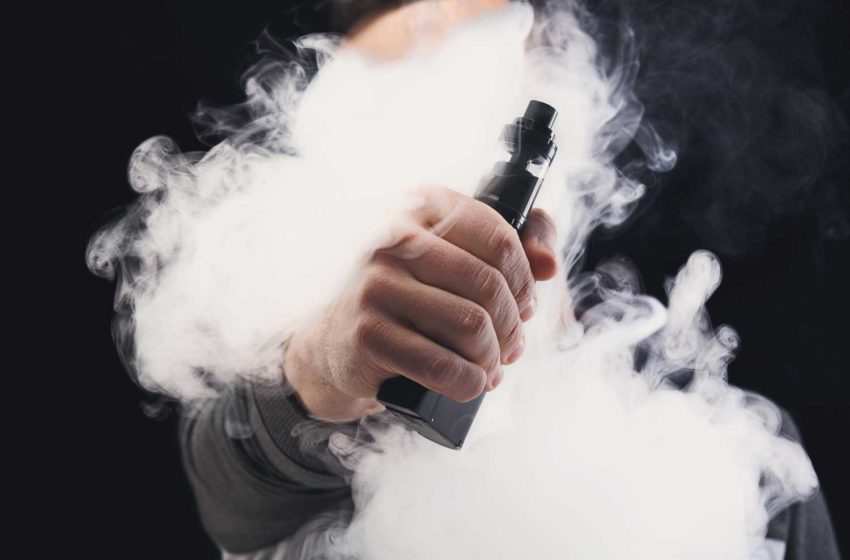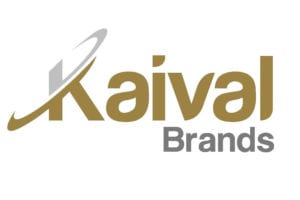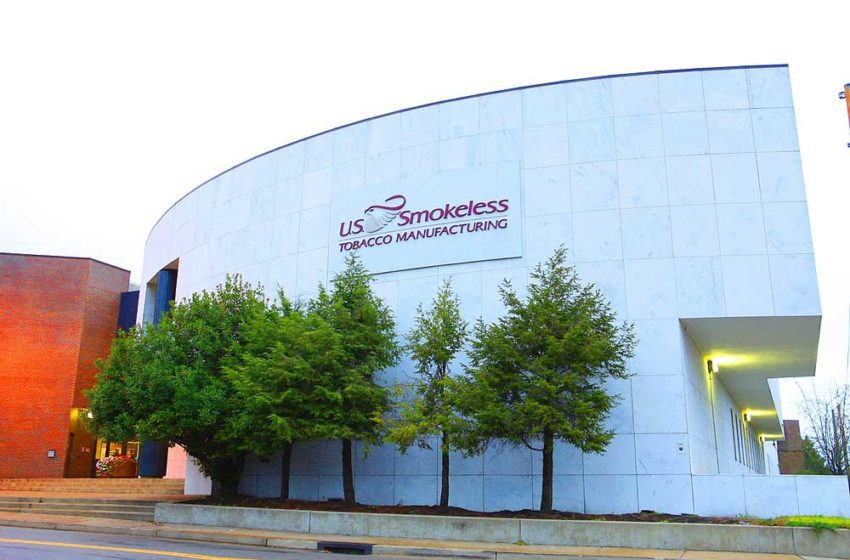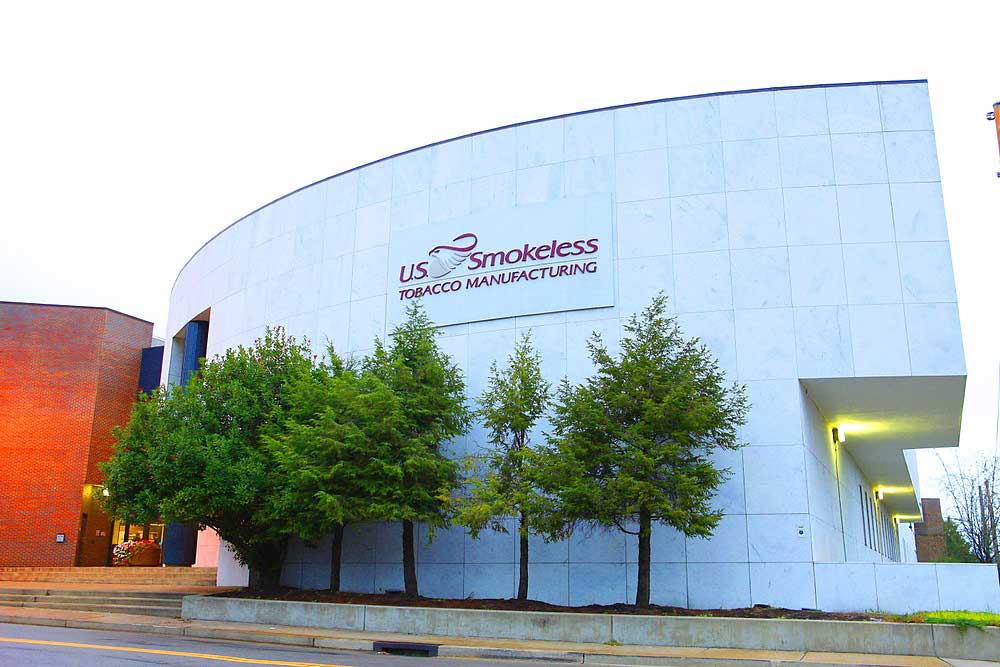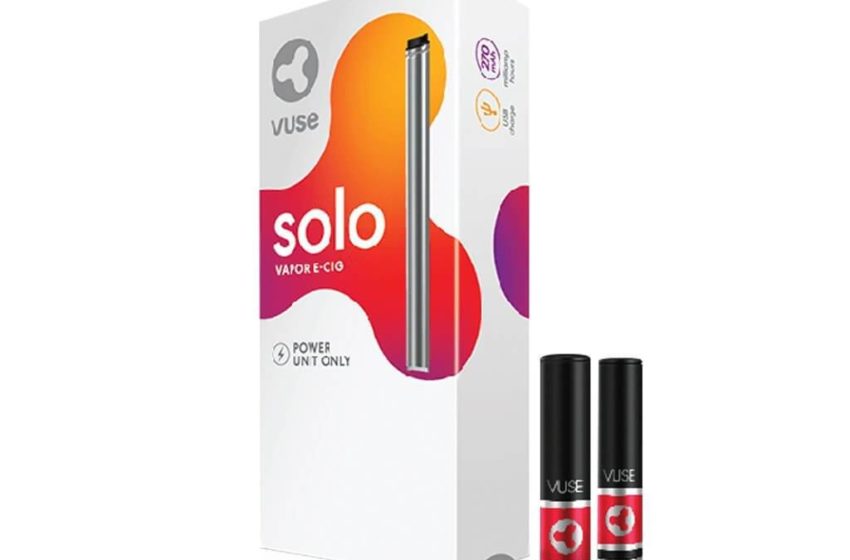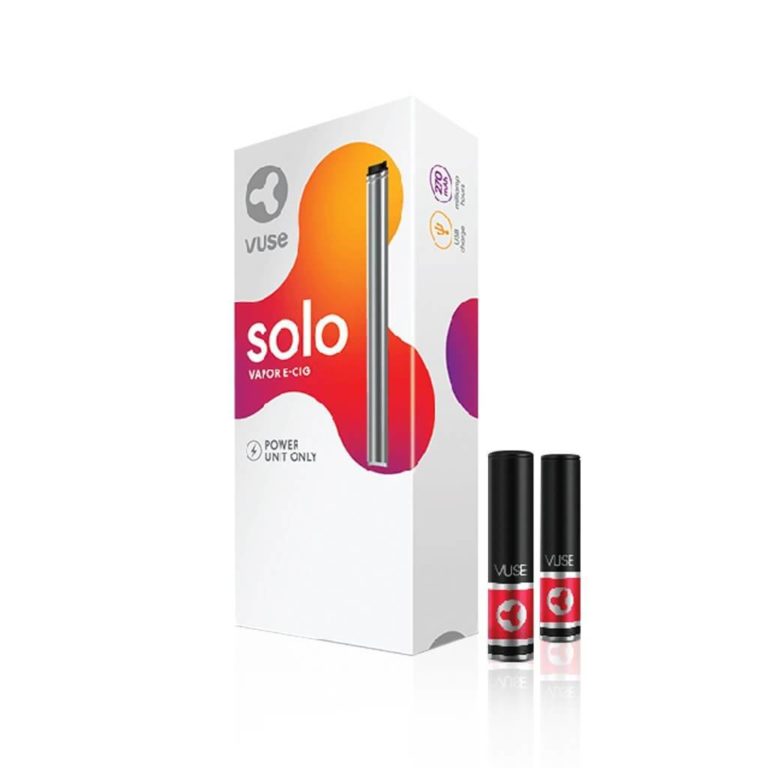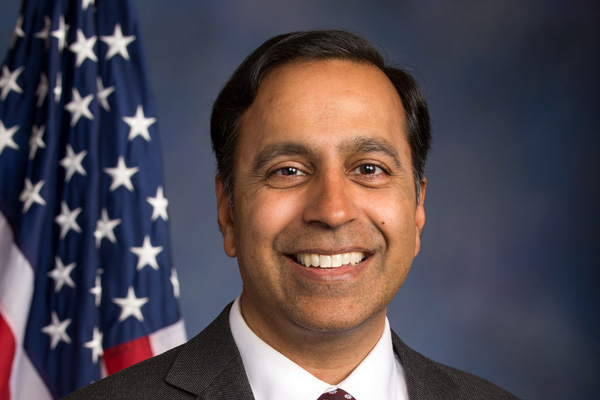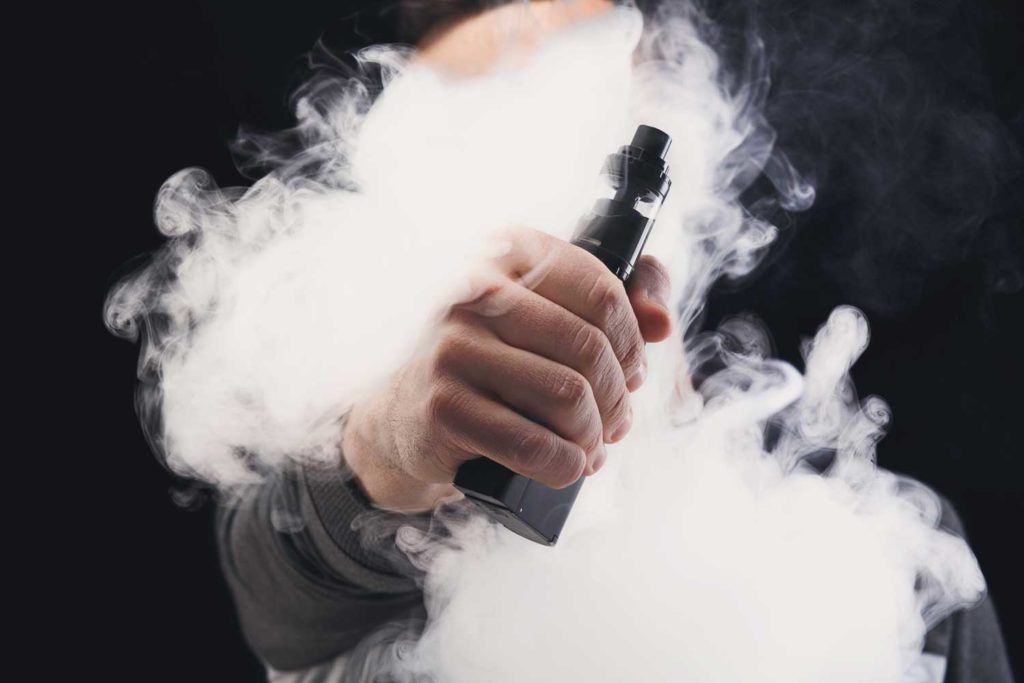
Confusion persists even as the U.S. Food and Drug Administration approves an ENDS product for marketing.
By Timothy S. Donahue
The U.S. Food and Drug Administration has created quite the mess. The regulatory agency’s handling of premarket tobacco product applications (PMTAs) has left many in the nicotine industry bewildered. It started with numerous refuse to accept and refuse to file letters. Then the agency began sending out marketing denial orders (MDOs). After publicly rescinding one of the MDOs—and with rumors circulating about additional rescissions—the agency is now being sued by at least 28 companies for making “arbitrary” decisions in reviewing PMTAs. The MDOs of least four companies have been granted a temporary stay through the courts or by the FDA itself.
As of this writing, the FDA has granted the Vuse Solo device and two tobacco-flavored pods produced by the R.J. Reynolds Vapor Co. (RJRVC) the first-ever marketing orders for a vapor product. The decision shocked many because the Vuse Solo is an unpopular and outdated device, according to some observers. RJRVC’s main e-cigarette product, Vuse Alto, which accounts for the vast majority of the company’s market share, has yet to receive a marketing order. The Alto PMTA was submitted an estimated two years after the Solo PMTA, according to media reports.
Sam Salaymah, president of AMV Holdings, parent to Kure CBD and Vape, called the FDA action a historic win for adult smokers that confirms e-cigarettes have been scientifically proven “appropriate for the protection of public health.” “[This] verifies that adult users are exposed to significantly fewer toxic aerosols and less harmful or potentially harmful constitutes than found in combustible cigarettes,” he says. “The science has spoken, and this is a great public health win for countless adult smokers looking to transition from deadly cigarettes.”
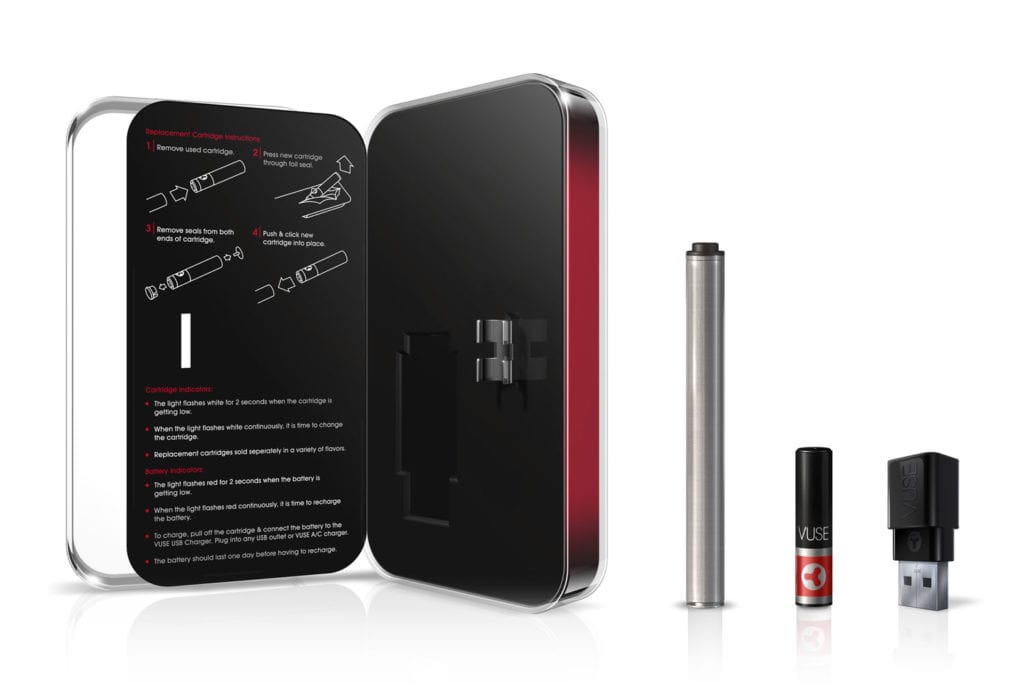
(Photo: RJRVC)
But while approving Vuse Solo tobacco-flavored pods, the FDA rejected five of RJRVC’s flavored products. The agency is expected to only approve tobacco flavored pod systems; however, the outlook for open systems (alongside bottles of flavored e-liquids) is anyone’s guess. James Xu, president and founder of Avail Vapor, says that eventually he expects the FDA to approve an open system and some bottled tobacco-flavored e-liquids. He says that studies have shown that very few youths use an open system to vape, and the FDA is likely considering that factor. “I think it is just a matter of time,” he says. “In light of the many lawsuits and confusion in the vaping industry, the FDA is now likely taking more time to review the PMTAs before making any more decisions either for or against a product. I think we will have an open system with a marketing order at some point.”


As of Oct. 19, the agency had announced 323 MDOs, accounting for more than 1,167,000 flavored vaping products (there may be more unannounced). Many vaping industry representatives and public health researchers believe the removal of all flavored products would negatively impact harm reduction efforts in the United States. “Some vapers will undoubtedly return to smoking combustible cigarettes,” says Chris Howard, vice president, general counsel and chief compliance officer of E-Alternative Solutions. “And smokers who might have transitioned to ENDS [electronic nicotine-delivery system] products may now elect not to do so.” The current state of the ENDS industry is what many industry observers predicted as far back as 2016, according to Howard. Given the entry of ENDS products into an already highly regulated space, manufacturers would need to be “significantly capitalized and possess material expertise to navigate the requirements” to survive FDA regulation, he says.
“Unfortunately, despite a near universal view that flavored ENDS products present a tremendous harm reduction opportunity to smokers seeking to quit or reduce their combustible cigarette intake, cost-saving shortcuts during the premarket approval process are very unlikely to meet FDA’s threshold regarding the quality, quantity and type of data required to obtain market orders,” says Howard. “In the short term, this will have a significant impact on consumers as they will now have significantly fewer choices of both devices and flavors available. That said, I remain confident that given time, the industry will obtain more clarity, and a path for the return of flavored vapor options will materialize. FDA is the biggest proponent of harm reduction when it comes to tobacco and recognizes that providing adult smokers with options is important.”


In the meantime, MDO recipients are fighting back. Pursuant to Section 912 of the Tobacco Control Act, companies who receive PMTA denials have 30 days to petition for a judicial review of the decision. Days after it received its MDO, Turning Point Brands (TPB) filed a petition for review with the United States Court of Appeals for the 6th Circuit, followed shortly thereafter with a motion to stay the MDO. Just days later, the FDA rescinded Turning Point’s MDO. The FDA admitted that after “further review of the administrative record,” it made an error in TPB’s PMTA review, and TPB did in fact submit studies that the agency decided during the PMTA process were needed, after saying for years the studies were not required. “We are encouraged by the FDA’s decision to reconsider our product applications and look forward to engaging the agency as our PMTAs are reviewed,” said Larry Wexler, TPB’s president and CEO, in a statement following the rescission. “It is important that the PMTA process is transparent, purposeful and evidence-based. Our organization dedicated significant time and resources in filing our applications in accordance with agency guidance.”


The FDA has set an extremely high bar when it comes to authorizing e-liquid flavors, explains Azim Chowdhury, a partner at the law firm Keller and Heckman who specializes in vapor, nicotine and tobacco product regulation. According to Chowdhury, the MDOs essentially created a new standard for flavors: Applicants must demonstrate an “added benefit” of a nontobacco flavor that outweighs the known risk to youth use through the use of either a randomized controlled trial (RCT) or a longitudinal cohort study (LCS).
“[The] FDA clearly jumped the gun with at least some of these companies in the way that they issued the MDO without giving the PMTAs a full scientific review as required by the statute. That being said, even if some of these lawsuits are ultimately successful, the outlook for flavored ENDS, to me, looks pretty grim,” says Chowdhury. “Even if we’re successful in these lawsuits and the MDOs get vacated and the PMTAs go back into review—which is good—the FDA is ultimately going to have the final say in what science is required and what is going to be enough for them to believe a flavored product is appropriate for the protection of public health.”
Whatever data Vuse submitted for its flavored PMTAs hasn’t been disclosed publicly. Chowdhury says that it was likely robust and exceeding anything that most small manufacturers submitted for their flavors. “Right now, no one can tell you what it takes scientifically to get a flavor through,” he says. “Even in the best-case scenario, if we get the courts to say that FDA did this wrong, they should have done a hard look at the PMTAs, that they should have given companies fair notice about this requirement for RCTs and LCSs, they should have perhaps even gone through a notice and comment rulemaking period … even if one of those arguments win in court, it’s still only going to result in the PMTAs going back into scientific review.”


TPB’s stay motion (which the company dropped after the FDA rescinded its MDO) stated that the agency had moved the goalposts for data needed to receive a marketing order based on what the agency “learned” from the “review [of] PMTAs for flavored ENDS so far.” Nearly every MDO/PMTA lawsuit filed has followed TPB’s blueprint and is asking the courts to review the FDA order “on the grounds that it is arbitrary and capricious.” The FDA has already had MDOs for Triton Distribution, My Vape Order and Gripum LLC placed on hold by the courts, and the agency has told at least two other companies that received MDOs that it would rescind the orders or “not enforce” them, according to sources.
Chowdhury said that technical project lead reports concerning PMTA reviews obtained through Freedom of Information Act requests revealed that the FDA performed a “box checking” exercise to see if an application contained an RCT or LCS instead of an actual scientific review of the application. “The first thing they have in these decision memos is, literally, a table where it says, ‘Do you have an RCT?’ No. ‘Do you have an LCS?’ No … then that’s it. If you said ‘no’ to both of those responses, they didn’t look at the rest of the application. This is mind-boggling because the statute, guidance and final PMTA rule, etc., all make clear that the APPH standard is a complex, multifactor standard. It requires all sorts of evidence and data, and it doesn’t require any one particular type of study. FDA avoided considering any of the other information contained in the PMTAs, including marketing restrictions and youth access prevention measures.”




The FDA’s rationale for banning flavored products is its desire to address what the agency has long described as an “epidemic” of youth vaping. However, recent evidence seems to show that the overall youth use of e-cigarettes in the U.S. is declining. According to the 2021 National Youth Tobacco Survey (NYTS), the FDA and the Centers for Disease Control and Prevention (CDC) found that youth use of e-cigarettes fell sharply in 2021. It’s the second consecutive year of major declines.
Many in the industry say the FDA’s negligence in the PMTA review process and its single-minded focus in preventing youth uptake is going to create additional issues, further clouding the vapor industry’s outlook. Chris Allen, chief scientific officer at Broughton, a contract research organization (CRO) delivering analytical, scientific and regulatory services for the ENDS industry, says that the FDA might well be using the NYTS to justify the “flurry of MDOs” issued for flavored e-liquids. He also said the majority of the companies that have fallen foul of the recent MDOs are responsible manufacturers supporting tobacco harm reduction.
“I completely accept that youth use is unacceptable; however, the issue doesn’t appear to lie primarily in open systems but a product that is currently outside the jurisdiction of FDA: a disposable containing synthetic nicotine,” says Allen. “Regardless of the product, or the source of nicotine, there’s no place for irresponsible marketing and distribution practices that keep adding fuel to this fire. I fear that the latest action is simply going to lead to a seismic shift into the black market and unregulated (synthetic nicotine) products, which will be near on impossible for the U.S. government to control. From my personal perspective, this doesn’t seem an appropriate way to support THR [tobacco harm reduction].”



